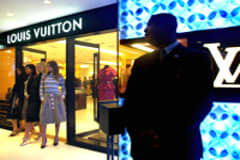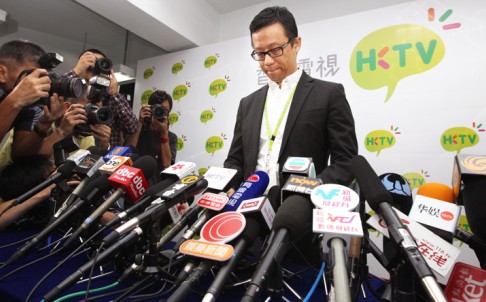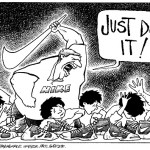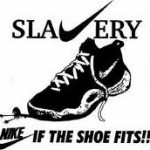While I agree with your point stating that “expanding opening shops would make the brand more common and decrease people’s high brand value mentally”, I don’t believe this was “the main reason” that is responsible for the decline in sale of LV.

As many may have already know, Louis Vuitton is the world’s most valuable luxury brand, products ranging from accessories to bags. Louis Vuitton not only is known for the material it uses in production, but also for its pricing tactics, serving as a status symbol. While some may argue the expansion in stores have destroyed its exclusive image, making too commonplace, please note that Louis Vuitton’s status of wealth has long been standing. Regardless of how many LV stores there are, people would still view LV as one of the biggest status symbol. In my opinion, the decline in sales has to do with the global economic depression that is affecting most European countries and the US whom are still on the process of recovering. The economic crisis has stripped away consumers’ purchase power on luxury products (normal goods), and has kept their purchasing power only on the range for inferior goods.







